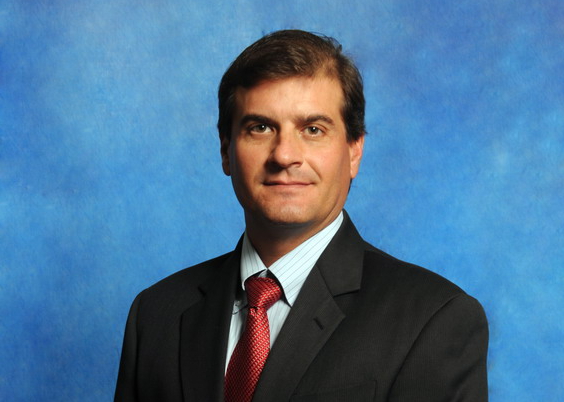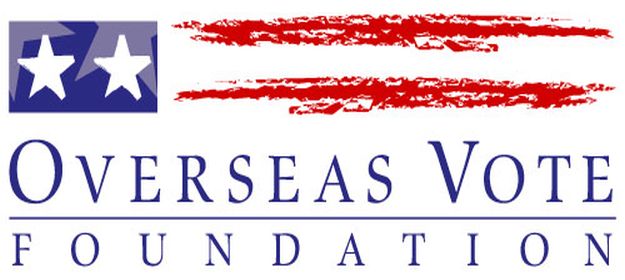
An already troubled ACP should have its Corcione problem removed without delay
Some people thought that the plea bargain that removed Alejandro Mnocada Luna from the Supreme Court bench and sent him to prison in exchange for dropping all other investigations ended the matter. But it didn’t because the hoodlum ex-judge had accomplices who helped him launder bribe money, fix court construction contracts and so on. The investigations of those things have led to other things. Among them are hard proofs that lead to well-grounded inferences that construction executive and Panama Canal Authority (ACP) board of directors member Nicolás Corione Pérez Balladares laundered money for Moncada Luna, coordinated a bid rigging scheme for courthouse construction projects and improperly received hundreds of thousands of dollars for doing these things.
When prosecutors sought to question Mr. Corcione about this, he went into hiding. As he put it to La Estrella:
Being outside the country. on a family trip, I learned from a news medium of the existence of criminal proceedings against me. After making the relevant legal consultations, it was indicated to me that the system of investigation and trial that was advancing against me was not the right way and could therefore could make a nullity of the investigation. For this reason my lawyers promoted the proper legal action and it has recently been determined by the judiciary that the procedure was not applicable to my case, as was raised by my lawyers. This situation so defined, I have presented myself to confront the investigation and comply with other professionals and business duties. I want to state that the accusations against me are false.
While his whereabouts were unknown, he sent a letter to Minister of Canal Affairs Roberto Roy, taking a leave of absence from his duties as an ACP. Roy accepted that, and in the face of public demands that Corcione be removed from the ACP board, countered that the ACP lacks the power to remove a board member. Then some board members called upon President Varela to remove Corcione from the board, which the president declined to do, indicating that the issue requires further debate.
Two people now in jail for their admitted roles in the courthouse construction and renovation kickback scheme say that Corcione coordinated the operation, and one of them accuses Corcione of demanding a $600,000 bribe. Money trails through various bank accounts appear to verify bribery and money laundering allegations. Corcione says that he didn’t do it. He has the right to a presumption of innocence in a criminal case. It might all be a misunderstanding and it is up to the accusers to prove otherwise in the courts.
However, when prosecutors called on him to testify, he went into hiding. While hiding out from the justice system, he missed 10 board meetings. These are matters that notwithstanding whatever might happen in a criminal case fall under separate administrative laws.
The law clearly provides that a member of the ACP board of directors may be removed for cause. What was negligently left out of the law that created the authority was who can remove a board director and by what procedure. The exception to that is that the president and cabinet can remove a director for “proven physical, mental or administrative incapacity.”
A criminal conviction, or even a criminal charge, is not the only reason why a board member may be suspended or removed, although the law does specify those grounds.
So what is “administrative incapacity?” We should look to the ACP’s personnel rules and code of ethic for indications of that.
The PanCanal personnel regulations provide that absence without prior permission is an offense.
So is fraud. So is theft or unauthorized possession of the funds of third parties — as in, say, possession of hundreds of thousands of dollars in public funds diverted in a kickback scheme.
So is “conduct disrespectful of the public” — as in going into hiding when called to appear before prosecutors.
So is “having prohibited economic interests or being compromised by prohibited economic transactions.”
So is “engaging in criminal, infamous, dishonest, immoral, or disgraceful conduct; or behaving improperly either inside or outside of work, thus hurting the Authority, its image or that of its staff.”
What is “notoriously disgraceful?” See the ACP code of ethics, which specifically applies to board members. That set of rules provides that employees, including board members, must “avoid any conduct that might adversely affect the interests of the Authority.”
Hiding from the law may be a time-honored rabiblanco trait, but it’s disgraceful conduct for a public official, a breach of PanCanal ethical rules and cause to be removed from the ACP board of directors. Just the missed meetings during the course of that conduct constitutes grounds for removal.
Have Corcione’s lawyers found a circuit judge who, against the great preponderance of legal opinion, has held that ACP board members are immune from ordinary criminal proceedings? The quick and proper solution for that is to move outside the criminal process to make him no longer a board member.
It is especially critical to do so at this time, because the problems created by a past conflict of interest, acceptance of a lowball bid and deceptions of the public about true costs are now coming to the surface with respect to the Panama Canal expansion. The problems with the GUPC consortium are not just the usual things that come up, but the product of hiring a consortium headed by a company known to be troubled, which included a company owned by the relatives of the canal administrator at the time, for an unrealistic cost. In the greater scheme of things Corcione’s ethical breaches are minor in comparison. But he should be held accountable for what he has personally done and the ACP needs to account to its owners — the Panamanian people — for a course of institutional conduct over a number of years.
If the semi-autonomous ACP moves to enforce its own rules, the president and cabinet ought to ratify that. If the president and cabinet move to declare Corcione administratively incapable, the ACP board should ratify that. But a circular pointing game while lawyers interpose long delays in the courts is harmful to the Panama Canal as an institution.
Bear in mind…










